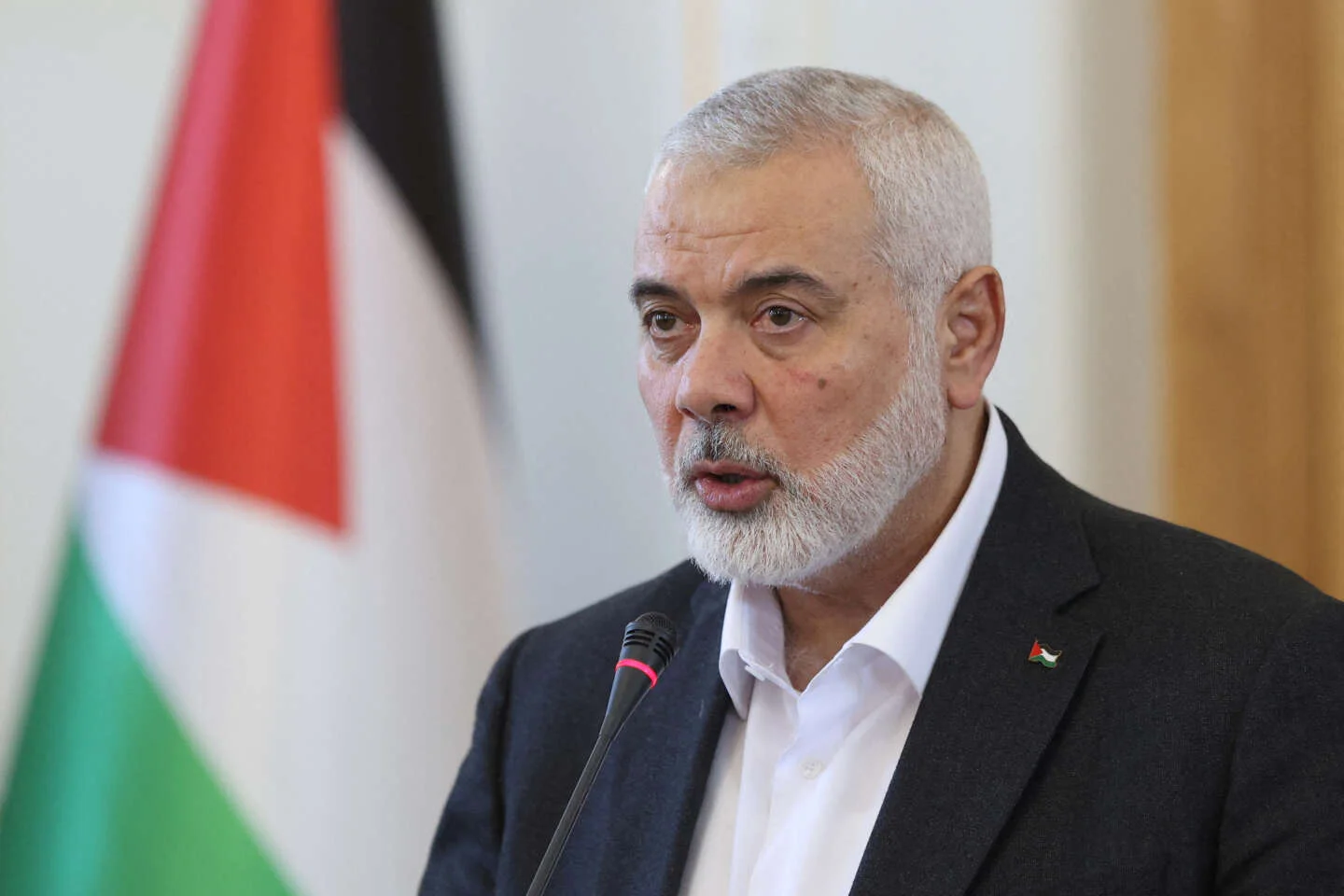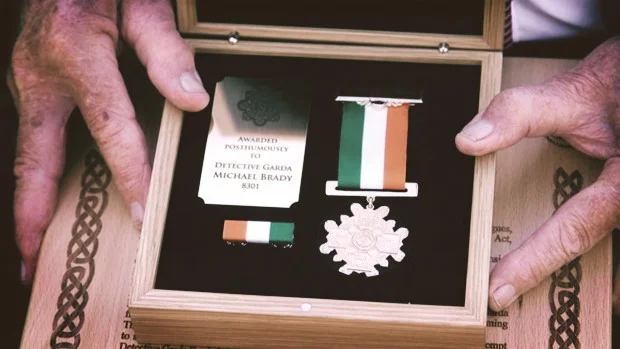Iran Is Up For A Revenge For Hamas Leader Ismail Haniyeh Killing In Tehran

Ismail Haniyeh, the Hamas leader, was killed in a Tehran strike. It occurred in the wee hours of Wednesday, following Israel’s announcement that it had killed a senior Hezbollah commander in Beirut.
Ismail Haniyeh was targeted via an airstrike at his home in Tehran. The incident occurred after he travelled to the Iranian capital to inaugurate the new president of Iran, Masoud Pezeshkian.
Hamas was able to shield itself from the past assassination attempts on its top political leaders, including that of Haniyeh’s mentor Ahmed Yassin back in 2004.
It is expected that a regional conflict might arise after the dual killings, the Hamas leader and Hezbollah commander. This has accentuated the stakes for Iran as both groups have pledged vengeance against Israel.
Reactions on Hamas leader’s assassination
One of the senior Hamas officials gave a statement, “a cowardly act that will not go unpunished”. The mediators of Qatar and Egypt are worried that these circumstances are not good for leading to the discussions of a ceasefire. The deal for keeping the hostages in Gaza also looks in hot waters after the Hamas leader’s killing.
It is further corroborated by Iran’s supreme leader. Ayatollah Ali Khamenei said that since the incident took place within their country’s boundaries, payback has become a duty now. It is their utmost responsibility to protect their country’s integrity and deem it an honour to give the terrorists a taste of their own medicine.
The Israeli government has saved their remarks on the Hamas leader’s killing. However, it is evident from their attack that it was part of their operation, both inside and outside the territory.
On the contrary, the retired general, Amos Yadlin claimed “two quality operations of Israel defence forces against two top terrorists, one in Beirut and one in Tehran”. He commented on Wednesday’s attacks, being the previous head of Israel’s military intelligence directorate.
Despite Israel’s declaration that it will execute all Hamas leaders following the October 7 assaults, its intelligence agencies’ track record of carrying out gruesome murders confirms this. Israel had their eyes on these leaders as they wanted to stop the scientists working on the nuclear programme.
The US Defence Secretary, Lloyd Austin, commented that the Biden administration was working in response to curb the rising smoke of Israel’s actions. However, after the Hamas leader’s assassination, it has now become impossible.
While Austin was visiting the Philippines, he was sure that war seemed inevitable now as the risk of revenge was looming. He was of the view that repercussions of the killings are wide and uncontrolled now and he “maintains that”.
The US secretary of state has reassured that their country is not involved in any way in Haniyeh’s assassination. They are still working on the Gaza deal for a ceasefire and Washington was not even aware of Israel’s plan for the killing.
The conversations are unlikely to continue in the wake of the assassinations’ denunciation. Haniyeh played a vital role in this regard, especially in the discussion from the Doha base.
Qatar proclaimed the attack a “dangerous escalation” that has put the ceasefire in a risky state. The country’s prime minister, Sheikh Mohammed bin Abdulrahman Al Thani posted on X, “How can mediation succeed when one party assassinates the negotiator on the other side?”
Russia and Turkey are on the same page, considering the killing in Tehran as a “completely unacceptable political killing”. Moreover, the Palestinian president, Mahmoud Abbas joins by asserting it a “cowardly act and dangerous development”.
Haniye’s funeral will be held on Thursday in Iran. The country would be mourning for three days. His body is expected to fly to Doha for burial rituals.
LATEST NEWS
DISCOVER MORE





